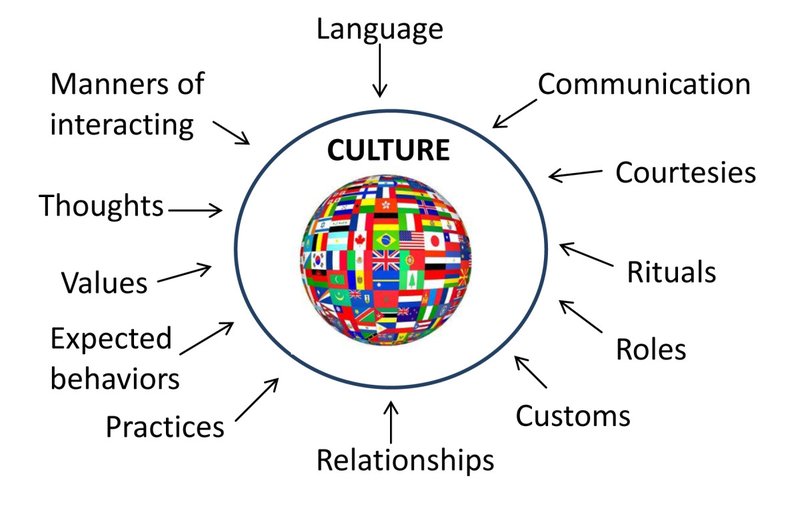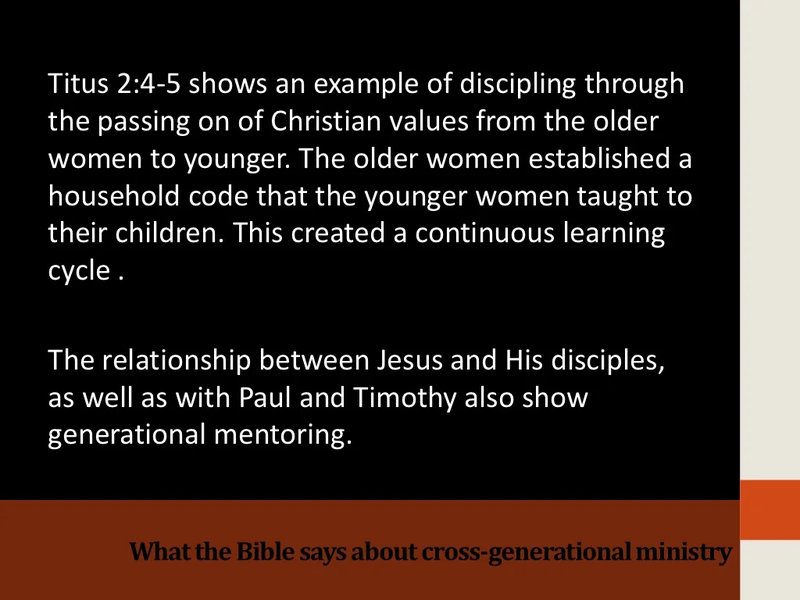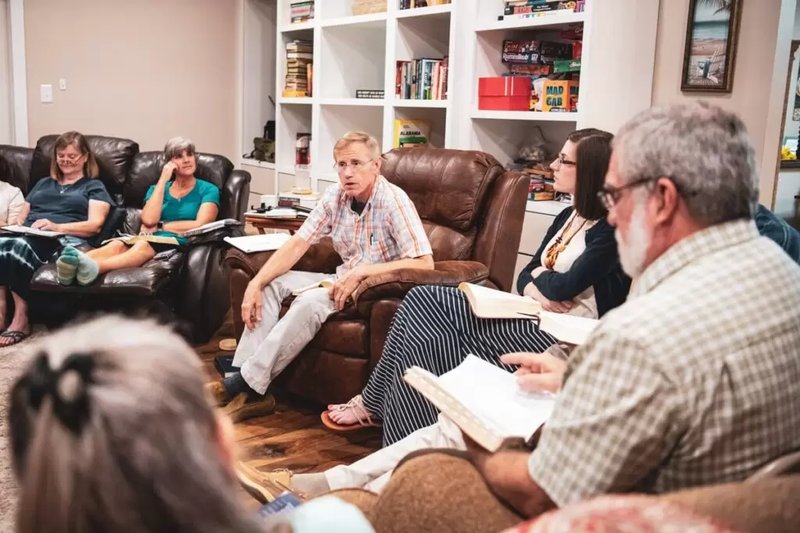· Fellowship & Ministry · 9 min read
Inclusive Worship Services and Support: Enhancing Special Needs Ministry in the Church
Discover how churches can enhance special needs ministry through inclusive worship services, support for caregivers, and adaptive programs in a sensory-friendly environment, promoting disability advocacy within the church community.

Inclusive Worship Services and Support: Enhancing Special Needs Ministry in the Church
Keywords: Inclusive worship services, Support for caregivers, Adaptive ministry programs, Sensory-friendly environments, Disability advocacy in church
In the realm of Christianity, inclusive worship services and support play a crucial role in enhancing special needs ministry within the church. By creating an environment that is accessible and welcoming to individuals with disabilities, churches can ensure that everyone feels valued and included in their worship experience. In this article, we will explore the various aspects of inclusive worship services and support, including the benefits they bring to individuals with special needs and their families, as well as practical strategies for implementing adaptive ministry programs and sensory-friendly environments. We will also discuss the importance of disability advocacy within the church community.
1. What are inclusive worship services and why are they important?
Inclusive worship services refer to religious gatherings that are designed to be accessible and accommodating to individuals with disabilities. These services aim to create an environment where everyone, regardless of their abilities or limitations, can actively participate in worship and feel a sense of belonging within the faith community. They promote inclusivity by removing physical, sensory, and communication barriers that may hinder the engagement of individuals with special needs.
According to Key Ministry, an organization dedicated to helping churches serve families affected by disability, inclusive worship services are important because they affirm the inherent worth and dignity of every individual, regardless of their abilities. They demonstrate the love of Christ by extending hospitality and acceptance to all members of the congregation. Inclusive worship services also provide opportunities for spiritual growth and connection with God for individuals with disabilities who may have previously felt excluded or marginalized.
To quote Key Ministry’s podcast episode on disability-inclusive church-wide events, “a checklist for all types of disability-inclusive church-wide events” can be a valuable resource for churches seeking guidance on hosting inclusive worship services. This checklist can serve as a comprehensive guide for churches to ensure that their worship services are accessible and inclusive to individuals with disabilities.
2. How can churches support caregivers of individuals with special needs?
Caregivers of individuals with special needs often face unique challenges and responsibilities. They play a vital role in the lives of their loved ones, providing support, advocacy, and care on a daily basis. Churches can provide valuable support to these caregivers by recognizing and addressing their specific needs.
Christ Fellowship Church emphasizes the importance of support for caregivers in their Special Needs Ministry. They offer a range of programs, staffed by caring individuals, that aim to provide a place of belonging and accessibility for individuals with disabilities and their families. These programs not only cater to the needs of individuals with special needs but also offer a support network for their caregivers.
One practical way churches can support caregivers is by offering respite care services. Respite care provides temporary relief for caregivers by allowing them to take a break from their caregiving responsibilities while their loved ones are cared for in a safe and nurturing environment. By offering respite care programs, churches can give caregivers much-needed rest and rejuvenation, reducing stress and burnout.
3. What are adaptive ministry programs and how can they enhance special needs ministry?
Adaptive ministry programs are designed to meet the unique needs of individuals with disabilities within the context of a church community. These programs provide tailored support, resources, and activities that promote spiritual growth and engagement for individuals with special needs.
Key Ministry highlights the importance of viewing special needs ministry as a reciprocal relationship rather than a one-way service. Just as God equips every believer with gifts to offer the church body, individuals with disabilities also have gifts and contributions to make. Adaptive ministry programs recognize and nurture these gifts, allowing individuals with special needs to actively participate in the life of the church.
Adaptive ministry programs can take various forms depending on the specific needs of the community. They may include specialized classes or small groups, sensory-friendly worship services, and inclusive activities and events. By offering these programs, churches can create an atmosphere of acceptance and inclusion, where individuals with disabilities can develop a sense of belonging and actively engage in their faith.
4. How can churches create sensory-friendly environments for individuals with special needs?
Creating sensory-friendly environments is an essential aspect of inclusive worship services for individuals with special needs. Sensory-friendly environments are designed to minimize sensory overload and provide a more comfortable experience for individuals who may be sensitive to certain stimuli.
One practical strategy for creating a sensory-friendly environment is to make adjustments to the lighting. Avoiding extremes in lighting and opting for soft, natural light whenever possible can help create a more calming atmosphere. Additionally, using noise-cancelling headphones or providing quiet spaces for individuals to retreat to can help reduce auditory stimuli.
According to The Ministry Lab at United Theological, Wayzata Community Church’s Special Needs Ministry and Parables worship service is an excellent example of how churches can invite families into a safe and inclusive environment. They provide tips for diversity inclusion, family support, and more, emphasizing the importance of creating welcoming spaces for individuals with disabilities.
Another effective strategy is to offer sensory tools and toys that can help individuals regulate their nervous systems when they are overstimulated. The Autism Faith Network offers free sensory toolkits for places of worship, which contain items such as fidget toys, weighted blankets, and noise-canceling headphones. These toolkits can be easily accessed by individuals who may need them during worship services.
5. Why is disability advocacy important within the church community?
Disability advocacy within the church community is vital to ensure that individuals with disabilities are fully included and valued members of the faith community. It involves promoting awareness, understanding, and acceptance of disabilities within the church and advocating for equal access and opportunities for individuals with disabilities.
Inclusion is not merely about physical accessibility; it is about creating an environment where individuals with disabilities can actively participate in all aspects of church life. According to Discipleship Ministries, the National Organization on Disability’s Religion and Disability division provides helpful resources on accessibility and inclusion for people with disabilities in the local congregation. They emphasize the importance of accessible congregations and have sponsored campaigns to promote accessible worship spaces.
Disability advocacy also involves challenging societal attitudes and stereotypes surrounding disabilities. By educating the congregation about disabilities and fostering a culture of acceptance and inclusion, churches can help break down barriers and create a more inclusive community for individuals with special needs.
6. How can churches ensure that individuals with special needs feel welcome and included in worship services?
Creating a culture of welcome and inclusion is essential to ensuring that individuals with special needs feel valued and included in worship services. Church leaders and members can take several steps to foster this culture within their faith community.
Firstly, churches should actively communicate the message that all individuals are welcome, regardless of their abilities or limitations. This can be achieved through verbal announcements, social media posts, or inclusive language in worship materials.
According to the article “Special Needs Ministry: Creating Inclusive Worship Experiences,” churches can modify their physical environment to ensure inclusivity. This may involve providing wheelchair-accessible entrances, ramps, and designated seating areas for individuals with mobility challenges.
Additionally, churches should offer support and resources for families affected by disabilities. This may include support groups, counseling services, or workshops that address specific challenges faced by families with special needs.
By implementing these practical strategies, churches can create an atmosphere where individuals with special needs feel embraced, accepted, and encouraged to actively participate in worship services.
7. How can churches disciple individuals with special needs?
Discipleship is an integral part of Christian faith communities. It involves nurturing individuals’ spiritual growth and helping them develop a deeper relationship with God. Discipleship should be inclusive and accessible to individuals with special needs.
One key aspect of discipling individuals with special needs is recognizing and utilizing their unique gifts and abilities. According to the article “9 Ideas to Disciple Those with Special Needs in the Church,” every believer is equipped with gifts to offer the church body. By identifying and nurturing these gifts, churches can empower individuals with disabilities to actively participate in ministry and serve others.
Adaptive ministry programs play a crucial role in discipling individuals with special needs. These programs provide tailored resources, curriculum, and activities that meet the specific needs of individuals with disabilities. By offering these programs, churches can ensure that individuals with special needs have equal opportunities for spiritual growth and engagement.
Furthermore, churches can provide resources such as accessible Bibles or devotionals in various formats, including braille or audio versions. This ensures that individuals with visual impairments or other disabilities have access to the Word of God.
8. How can churches promote disability advocacy within their congregations?
Promoting disability advocacy within congregations involves raising awareness, fostering understanding, and advocating for equal rights and opportunities for individuals with disabilities. Churches can play a significant role in promoting disability advocacy both within their congregations and society at large.
One practical way churches can promote disability advocacy is by hosting workshops or training sessions that educate the congregation about disabilities and promote inclusive practices. These sessions can address topics such as creating accessible worship spaces, interacting respectfully with individuals with disabilities, and challenging societal attitudes towards disabilities.
Furthermore, churches can actively engage in outreach efforts that support disability advocacy organizations or partner with local disability advocacy groups. By forming partnerships and collaborating with these organizations, churches can amplify their impact and work towards creating a more inclusive society.
In conclusion, inclusive worship services and support are essential for enhancing special needs ministry within the church. By creating welcoming environments, supporting caregivers, implementing adaptive ministry programs, and promoting disability advocacy, churches can ensure that individuals with disabilities and their families feel valued, included, and supported in their faith journey. In this way, the church can truly embody the love and acceptance that Jesus taught and exemplified.



